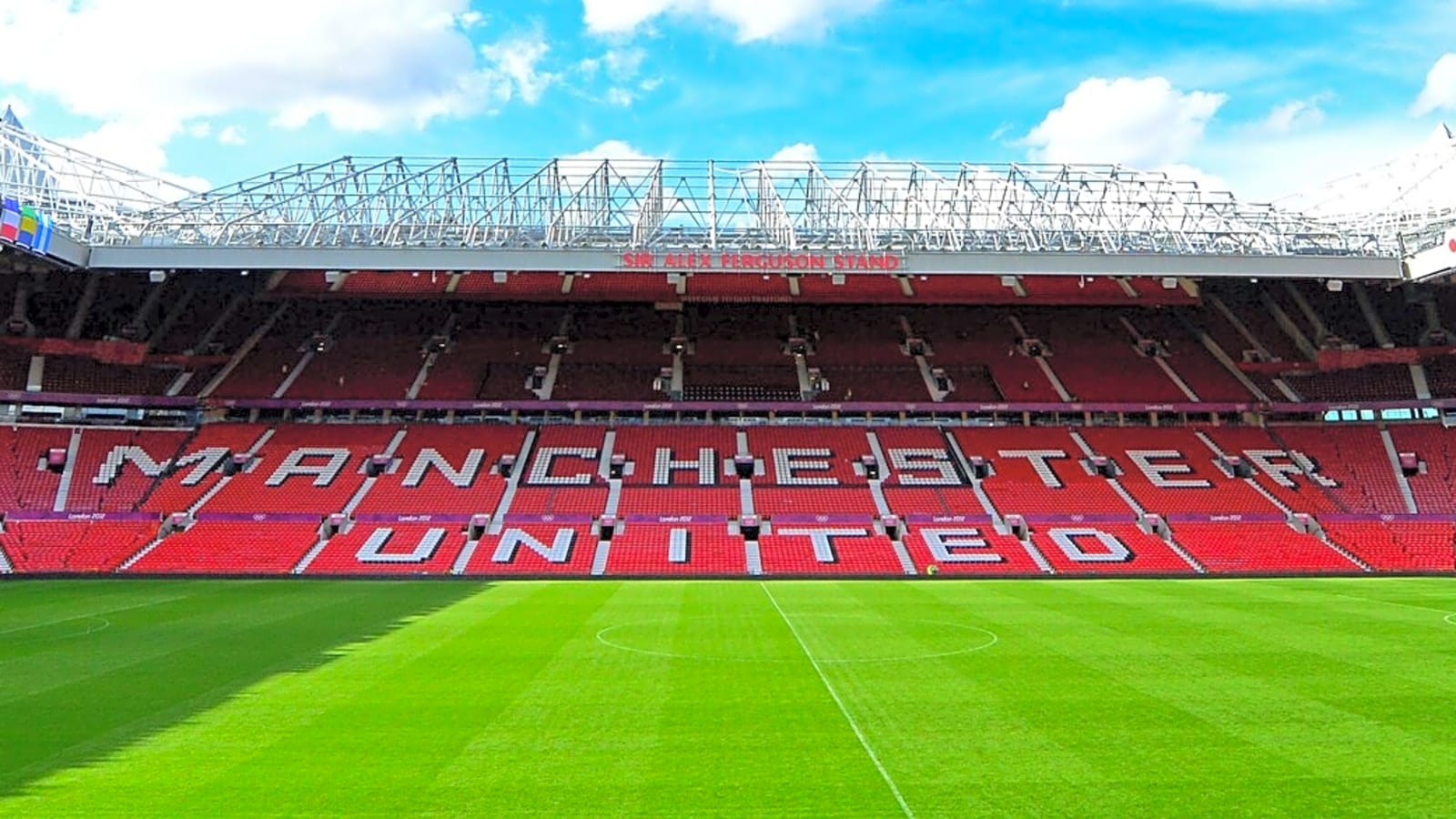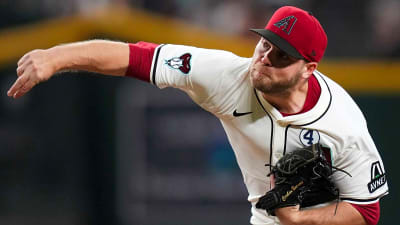
Is Ruben Amorim running out of time at Manchester United?
When Manchester United appointed Ruben Amorim manager in November 2024, the brief was clear. He was to rebuild a fractured squad, impose a modern tactical identity and restore the club to the top of English soccer.
Less than a year on, that vision looks increasingly distant. United is languishing in the bottom half of the Premier League for a second successive season, and the pressure on Amorim has only intensified. The question now is not whether he is under scrutiny, but how much longer he will be given to turn things around.
The numbers are stark. United has won just 18 of 49 matches under the Portuguese coach. Last season ended in humiliation with a 15th-place finish, its lowest in the Premier League era, and a Europa League final defeat to Tottenham that denied it European football altogether.
This campaign has offered little relief. A shock EFL Cup exit at the hands of League Two side Grimsby Town and a 3-1 defeat on the road to Brentford recently has left United 14th in the table with just two wins from its opening six games.
Beaten by Brentford.
— Manchester United (@ManUtd) September 27, 2025
Doubts remain about Ruben Amorim's future with Manchester United
The criticism has been relentless. Analyst Jamie Carragher branded Amorim’s tenure a "disaster" on Sky Sports' Monday Night Football.
"This has been a disaster for Manchester United but also for Ruben Amorim," Carragher said. "The quicker they make the decision on the manager the better for everybody because like I said it has been a disaster for the club and the manager.
"We are just waiting for the inevitable, unfortunately, because you don't want people to lose their jobs. But this has to end as quickly as possible."
That sentiment is echoed by a frustrated fan base, worried the club is drifting further from its historic standards. Inside the boardroom, however, the mood is more measured. Sir Jim Ratcliffe and INEOS, now overseeing football operations, are clearly favoring patience. Amorim is under contract until 2027, and an early dismissal would carry a heavy financial cost.
Even so, doubts persist over Amorim’s tactical approach. His rigid adherence to a 3-4-3 system has been criticized for failing to suit the squad, while reintegrating previously sidelined players has looked more like damage control than long-term planning.
For now, Amorim remains in charge. But at a club where results matter more than rhetoric, his margin for error is shrinking fast. Unless performances improve quickly, the debate may shift from if his time is up to when.
More must-reads:
- Bayern Munich boss responds to Harry Kane release clause talk
- Gabriel shows title-winning mettle with last-gasp Arsenal winner
- The 'UEFA Europa League champions' quiz
Breaking News
Trending News
Customize Your Newsletter
 +
+
Get the latest news and rumors, customized to your favorite sports and teams. Emailed daily. Always free!








